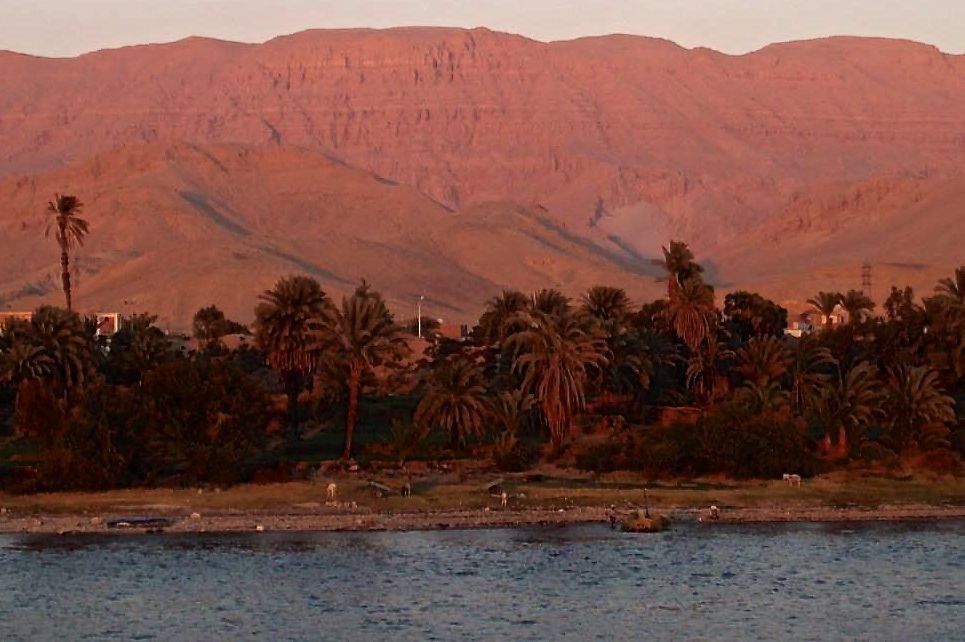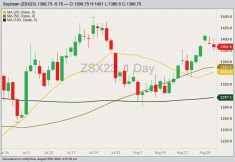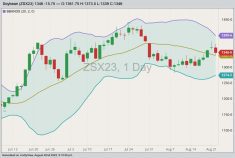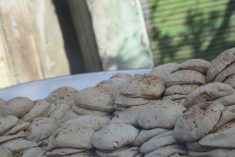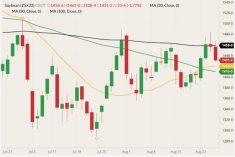Cairo | Reuters — Egypt’s agriculture ministry will allow wheat imports with up to 0.05 percent levels of ergot, a common grains fungus, it said on Feb. 3, reversing a zero tolerance policy that prompted traders to boycott the state’s wheat tender this week.
The supply ministry and the General Authority for Supply Commodities (GASC) has baffled traders in recent weeks by assuring them their shipments would be permitted with ergot levels up to 0.05 per cent, a common international standard, even as agricultural authorities have rejected shipments above zero.
Read Also

U.S. grains: Soybean futures hit one-month high on U.S.-China trade hopes
Chicago Board of Trade soybean futures hit their highest level in a month on Monday on renewed optimism over U.S.-China trade talks after U.S. President Donald Trump said he believed Beijing would agree to a soybean trade deal and will buy U.S. soy again.
“We go by the Egyptian standards and the codex so that means we accept up to 0.05 per cent,” ministry of agriculture spokesman Eid Hawash told Reuters.
Traders boycotted a state tender on Tuesday after a 63,000-tonne French wheat shipment was rejected by GASC for containing traces of ergot, despite the shipment meeting the 0.05 per cent threshold permitted by the authority’s specifications.
Hawash said the French vessel had not met the 0.05 standard and this was why it was rejected, though trade sources said the shipment was well below this threshold.
The ministries of supply and agriculture had recently met and agreed to universally apply the 0.05 per cent standard, Hawash said.
“There was a meeting between the supply minister and agriculture minister and they both agreed to this… until there is a change to the regulations we are accepting 0.05,” he said.
Traders said they would not be reassured until they saw something official to indicate the policy change.
–– Reporting for Reuters by Maha El Dahan and Eric Knecht.

